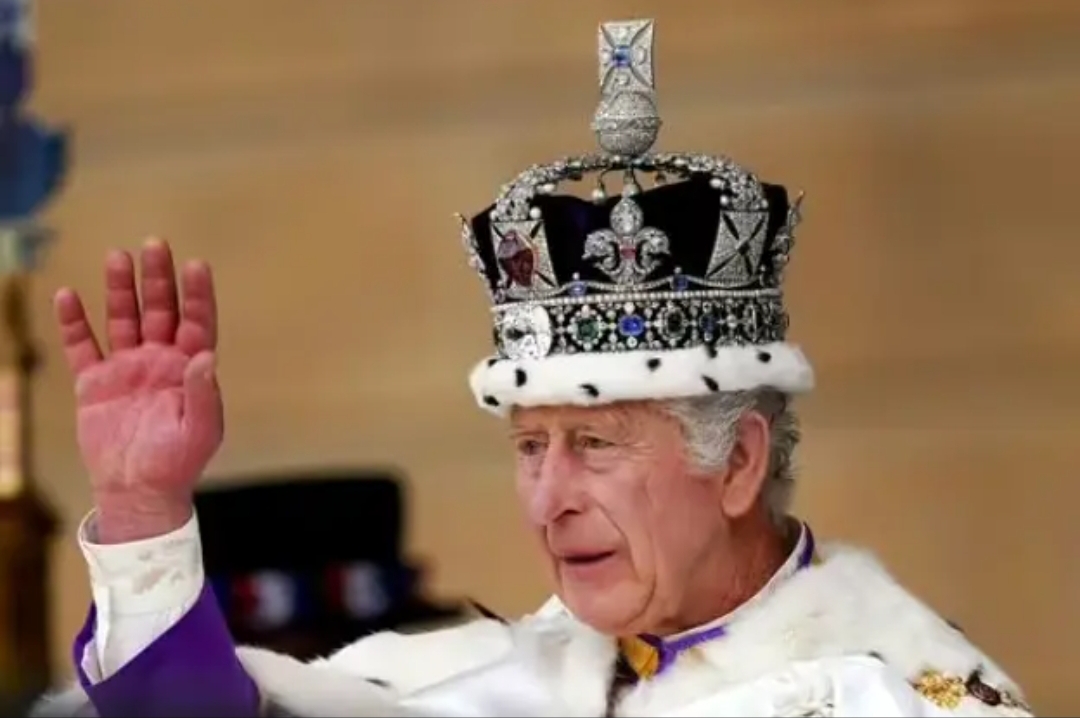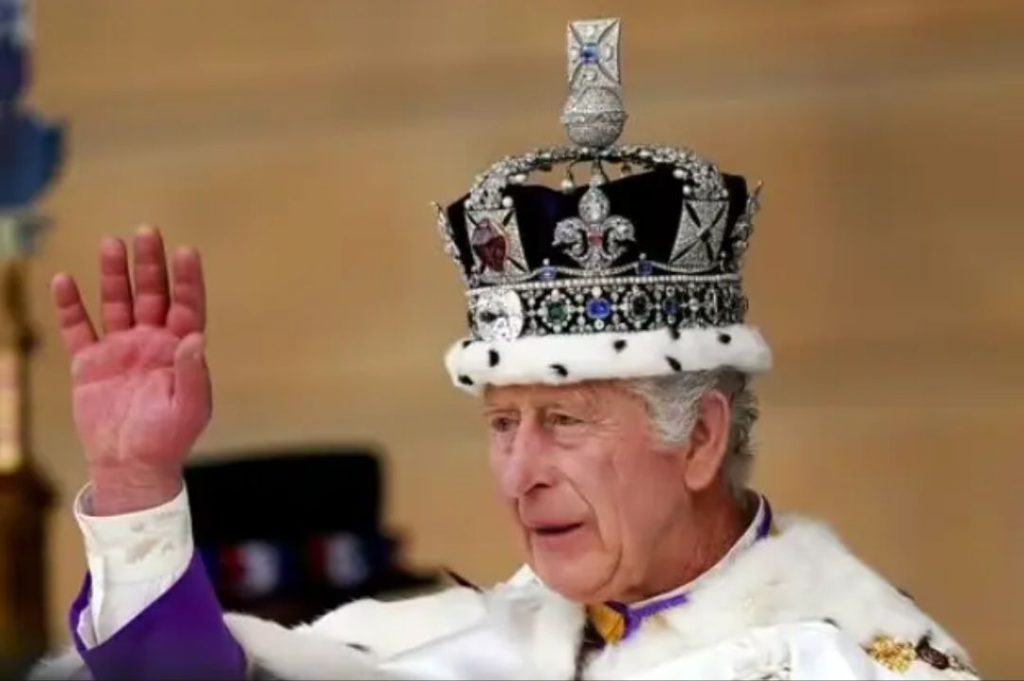
King Charles, the current monarch of the United Kingdom, finds himself amidst speculation regarding his potential abdication from the throne in favor of his son. This conjecture arises in the wake of Queen Margrethe of Denmark’s recent decision to step down from her royal duties after 52 years on the throne, citing her recent back surgery as a contributing factor. Her decision mirrors a trend seen in the royal houses of Denmark, Sweden, and Norway, often referred to as the “bicycling monarchies.”

According to a report by Express, while the possibility of King Charles abdicating has been pondered by some, it is crucial to understand that abdication is not a notion entertained by Buckingham Palace due to historical events such as King Edward VIII’s abdication crisis in 1936. King Edward VIII, who later assumed the title of the Duke of Windsor, created a constitutional crisis when he proposed to marry American divorcee Wallis Simpson. This union faced strong opposition, particularly from the government and his advisers.
Ultimately, King Edward VIII realized that as the head of the Church of England, it was impossible for him to marry a divorced woman at that time. Consequently, he chose to abdicate before he could even be crowned. This episode left a lasting scar on the monarchy, making abdication a taboo word in royal circles, despite any suggestions made in popular culture, such as in Netflix’s series “The Crown.”
The reluctance towards abdication is deeply rooted in the belief of the divine right of kings, a religious doctrine that asserts a monarch’s right to rule as a direct mandate from God. King Charles, like his mother and grandfather before him, adheres to this doctrine and perceives his reign as a divine calling. To abdicate would be to defy what he sees as God’s will.
Furthermore, King Charles’s unique journey to the throne sets him apart. He holds the distinction of being the longest heir-apparent in British history, having waited an impressive 70 years and 214 days to ascend to the throne. This lifelong anticipation, coupled with his strong convictions about his role, makes it highly improbable for him to step down after only a few years as king.
Abdication for King Charles would not only contradict his deeply held religious beliefs but also entail relinquishing a role he has spent decades preparing for. These factors, along with the enduring impact of the 1936 abdication crisis, collectively serve as the pillars for understanding why King Charles will likely never entertain the idea of abdicating the throne.
In addition to these historical and personal reasons, it’s worth noting that the British monarchy has seen instances of aging monarchs who remained committed to their duty despite health concerns. King George VI, who passed away at the age of 56 after battling lung cancer, and Queen Elizabeth, who reigned until the age of 96, never considered stepping down due to their age or health.
As King Charles continues his reign, his commitment to the throne and the principles he upholds make it highly unlikely that he will follow in the footsteps of Queen Margrethe of Denmark. While the idea of abdication may capture the imagination of some, it remains firmly outside the realm of possibility for King Charles and the British Royal Family.




